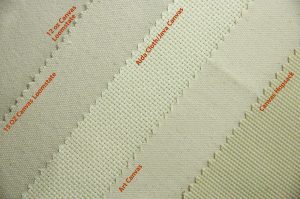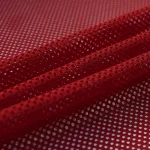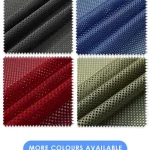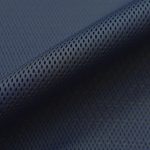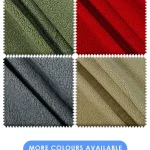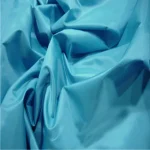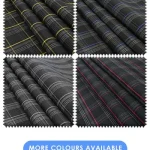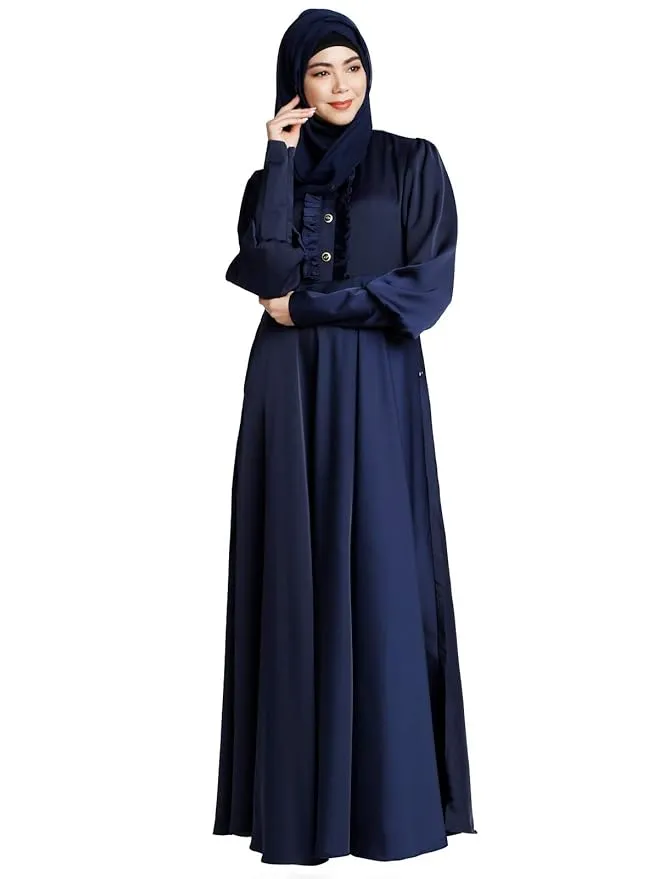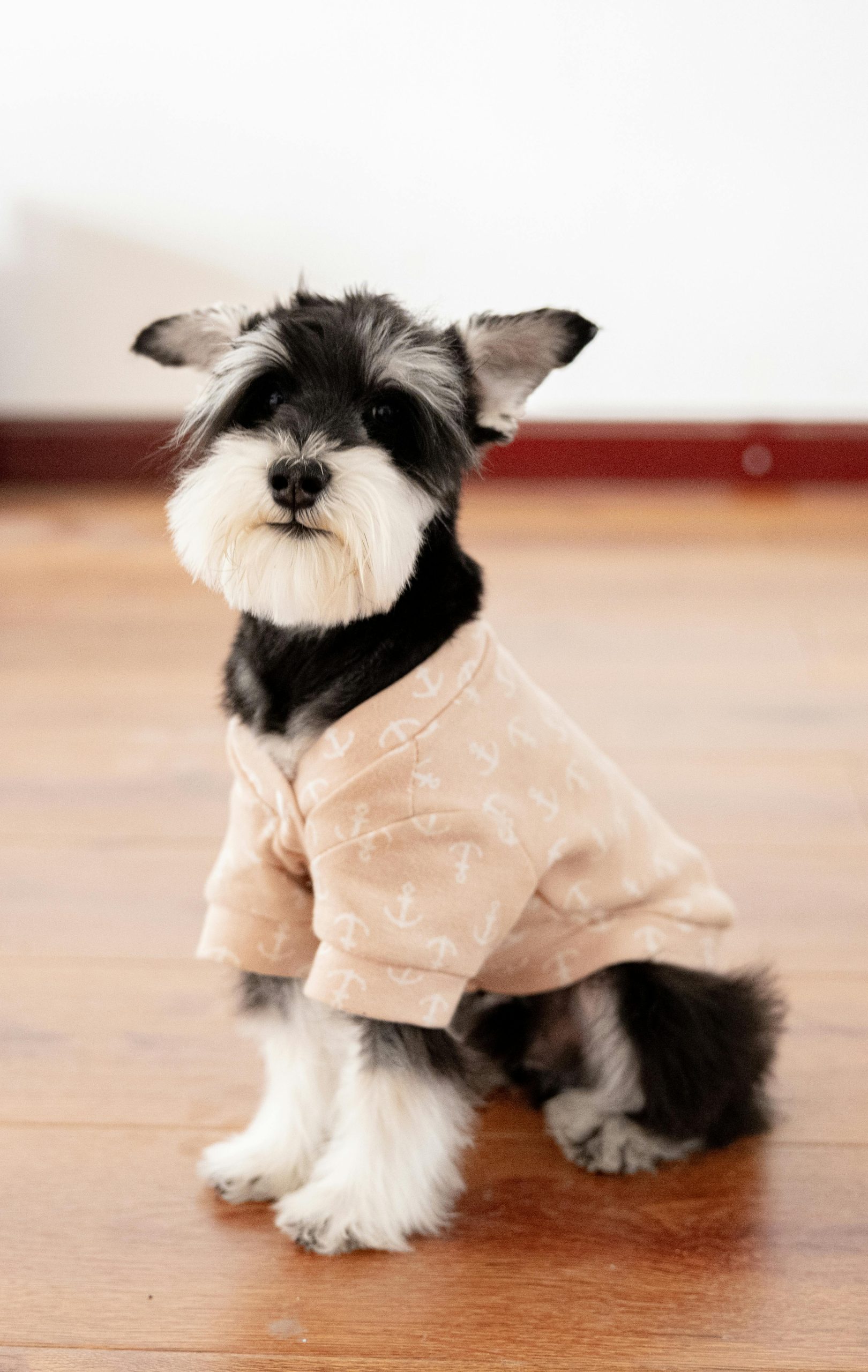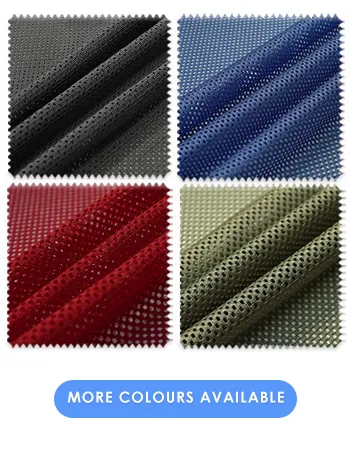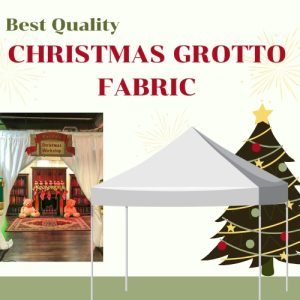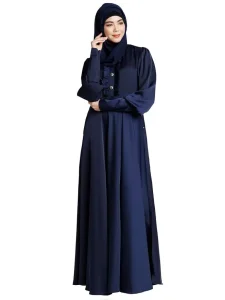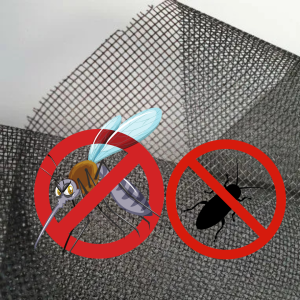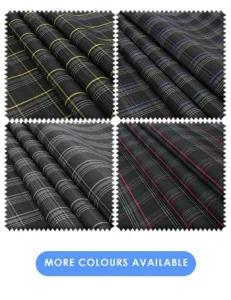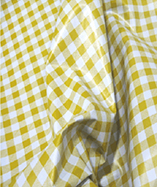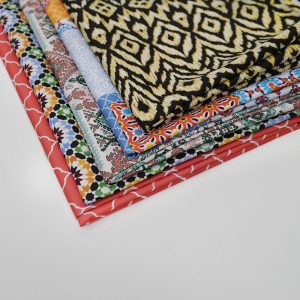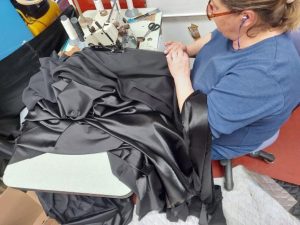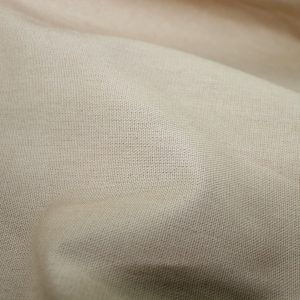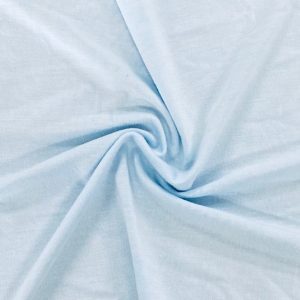Cotton Duck Fabric
Cotton Duck Fabric
Origins
Cotton duck is a plain-woven fabric, which may also be referred to as canvas.
“Duck” comes from the Dutch word “doek,” meaning linen cloth. Cotton duck distinguishes the fabric from other types of ducks, most notably the traditional linen. It can also be made from other materials, such as flax. However, cotton duck is not related to the bird of the same name.
Classification
Cotton duck is classified according to weight, on a scale of 1 to 10. The lower the number of the cloth is, the heavier the weight of the fabric, and vice-versa. The textile industry has created a nearly uniform measure of cotton ducks, according to weight and thickness. Some numbering systems go up to 12, with higher numbers being used for shopping bags and shower curtains and lower numbers used as covers in tents, boats and sandbags.
In some cases, each grade of cotton duck may be called by a name, but typically a scale is used in the textile industry.
Industries
The fabric is used in a wide variety of applications and industries. It is part of the make-up of the original duct tape, which combined the sturdy fabric with an adhesive.
Although cotton duck commonly comes in only one colour (unbleached white), manufacturers use it in a variety of applications including: trainers, furniture, work clothes, sails, bags and slip-covers, and artists’ canvases, among others. Generally, it is not used for clothing, but after a few washings, a lighter weight cloth could be worn comfortably.
As clothing, it is most often used in work wear since it is very strong and durable and able to stand up to the elements as well as resist snags, tears. It also does not show stains. For this reason, it is often used for outdoor furniture upholstery as well as sails on boats. It is commonly found at fabric stores.
Benefits
As a durable, inexpensive fabric, it is popular for many different applications. It is easy to care for, and simple to dye and sew. It is also breathable and treatable.
Downside
Unfortunately fabric is prone to mildew and can also stretch and weaken if it gets wet. For this reason, cotton duck must be treated with weatherproofing products for use in the outdoors.
Environmental Concerns
As a natural fibre, cotton duck does not require a lot of petroleum to produce. However, the manufacture of cotton is hard on the environment because it requires considerable amounts of water and pesticides to grow and produce.
Care
It can be easily dyed and is also machine washable and easy to dry. Although a notably stiff fabric, it softens with repeated washings.
More cotton blogs here
Fabric UK is your destination for all types of fabric. Whether you’re searching for fabric samples or purchasing by the meter, we make it easy to find exactly what you need.
You can order: Samples, Wholesale, Fabric by the meter
Fill Form for Free fabric samplesSimply visit our website at fabricuk.com or call us directly at 0121 359 2349 for any questions or inquiries.
Visit Our Fabric Showroom
Feel free to visit our fabric showroom anytime – no appointment is necessary!
KBT LTD, Carlton Business Centre, 132 Saltley Road, Birmingham, B7 4TH, United Kingdom
Email Us:
You can reach us at: info@fabricuk.com
Showroom Hours:
- Monday – Friday: 9:30 am – 6:00 pm
- Saturday: 10:00 am – 5:00 pm
